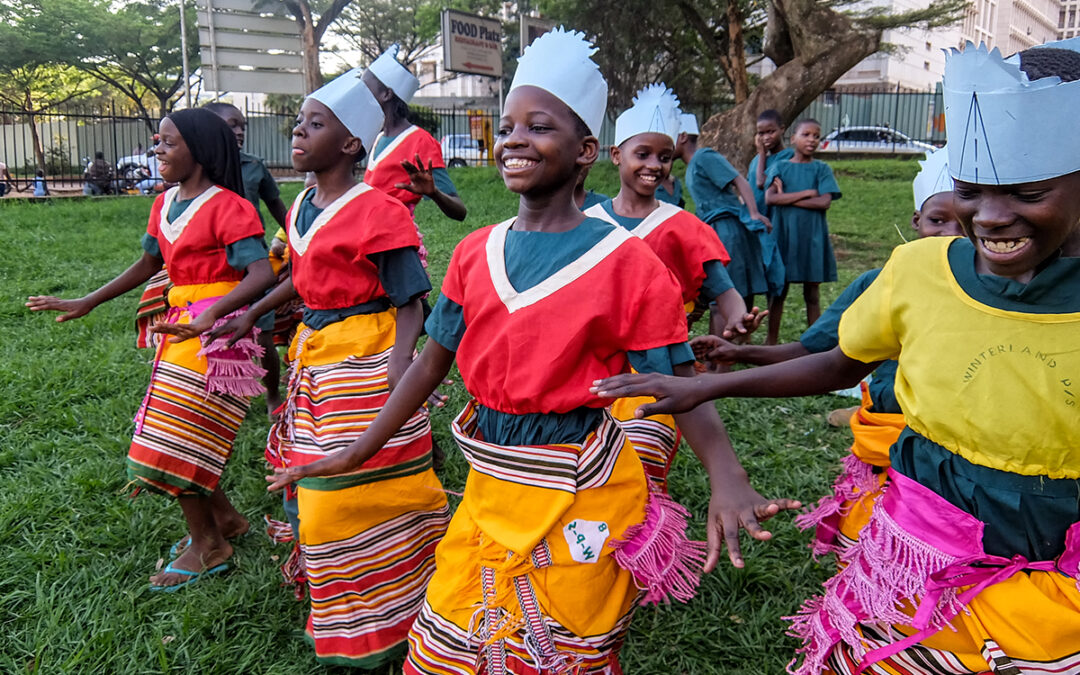Parents and learners in three schools left disappointed as financial constraints block their path to the big stage.
What was meant to be a moment of pride turned into heartbreak for three Lango schools. Financial hurdles kept dozens of talented pupils from stepping onto the national MDD stage in Mbarara, leaving behind frustration and unanswered questions.
By Flavia Oyuu, Communications Office, Lira Catholic diocese
Three of the seven primary schools chosen to represent the Lango Sub-region in this year’s Okeme Music, Dance, and Drama (MDD) National Competition failed to take part due to financial constraints.
The event, hosted at Mbarara High School from August 24th to 31st, 2025, is one of the biggest stages for young performers in Uganda, where pupils showcase their creativity through traditional dance, drama, poetry, and instrumental music. For many schools, it is a dream opportunity to nurture talent and build confidence among learners. But for some in Lango, that dream was cut short.
According to Isaac Abwango, Chairperson of Lango Okeme MDD, the schools that missed out were Amolatar Primary School (Amolatar District), Star Light Nursery and Primary School (Lira City), and Odike Primary School (Oyam District). The sub-region was instead represented by only four schools: Alebtong P/S, Acan-Kado P/S, Aduku P/S, and Te-Kidi P/S.
At Star Light Primary, Director of Studies Isaac Ayor expressed deep frustration. He explained that Lira City authorities had communicated that there were no funds available for MDD activities. “Missing out on the national competition has lowered morale among both students and parents,” he said, noting that this is not the first time learners have been sidelined because of inadequate support.
Education officials defended the situation, citing competing priorities and limited resources. Ronald Tom Omara, Inspector of Schools for Lira City, explained that some children had instead been sent to represent the city in the national ball games competition in Yumbe District.
In Oyam, District Education Officer (DEO) David Adea said the district was unable to provide financial assistance to Odike Primary. He pointed out that government allocates only 50 million shillings annually for co-curricular and sports activities, with the funds released in quarterly installments — a budget he described as “too little to cover all needs.”
In Amolatar, Acting DEO Peter Obote declined to comment, referring inquiries to the District Public Relations Officer.
The absence of three schools has reignited debate on the government’s commitment to nurturing learners’ talents beyond academics. Cultural and co-curricular activities, stakeholders argue, are not luxuries but essential tools for building discipline, teamwork, and a sense of identity among young people.
As the curtain falls in Mbarara, the four schools that made it to the stage carry the pride of Lango Sub-region. Yet, the empty slots left by their counterparts stand as a sobering reminder that without sustainable funding, many children’s voices, songs, and dances will remain unheard.
End


Recent Comments